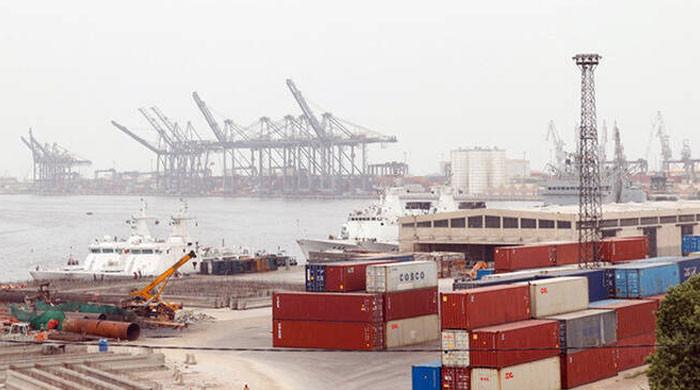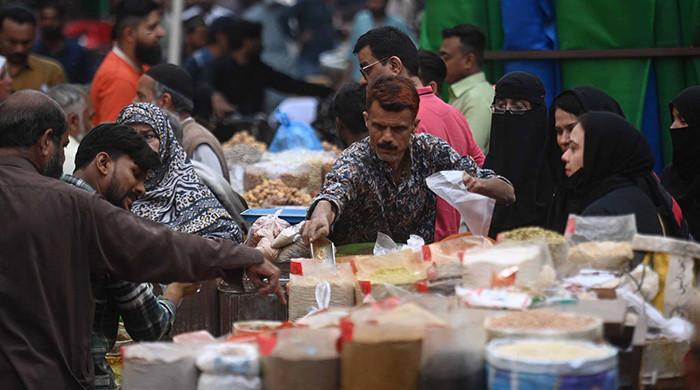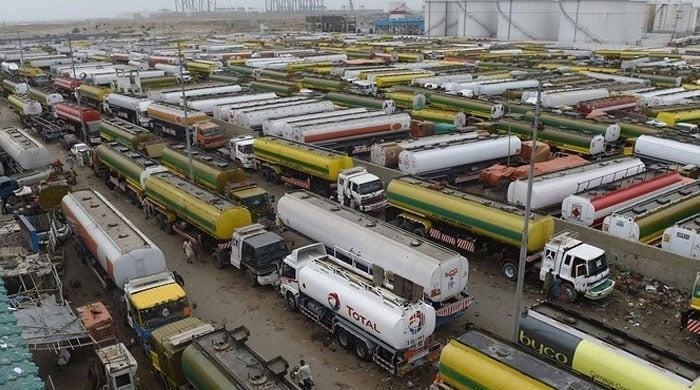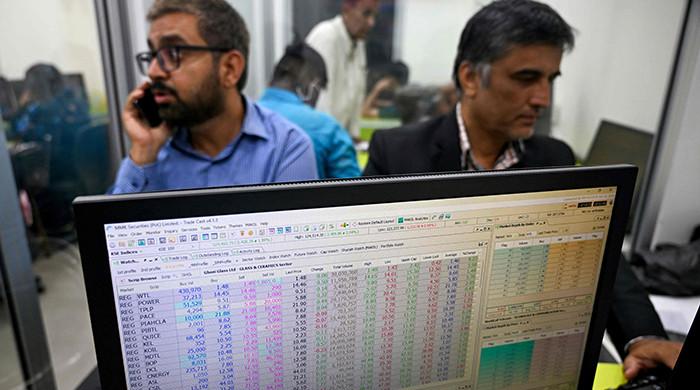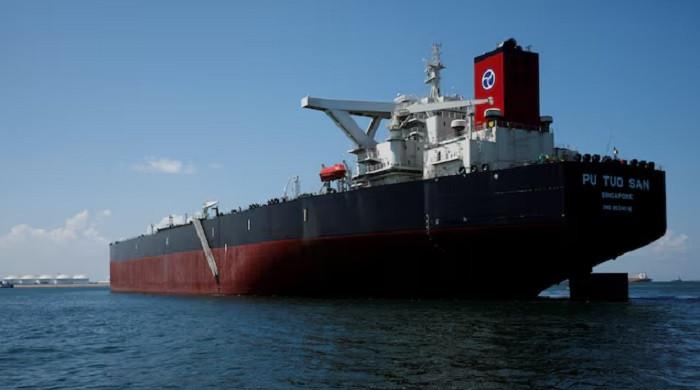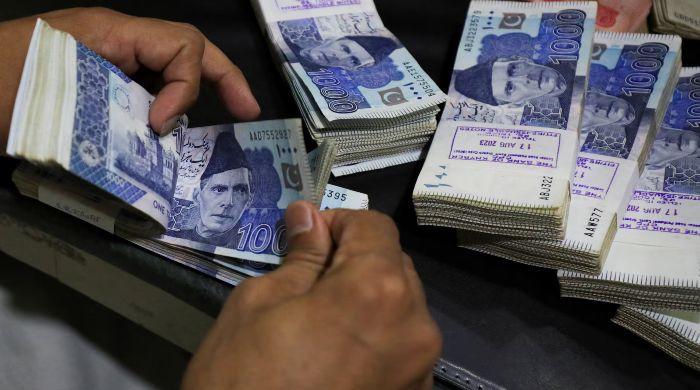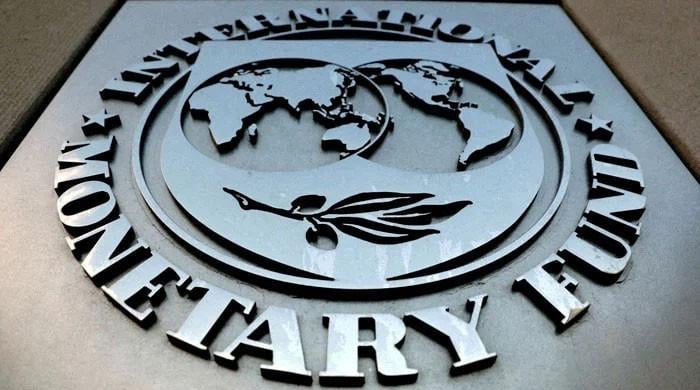IMF keeps Pakistan's GDP forecast unchanged, but warns against inflation, deficit risks
IMF warns inflation, current account deficit to remain near-term risks, expects deficit to rise to 5.3%
April 20, 2022
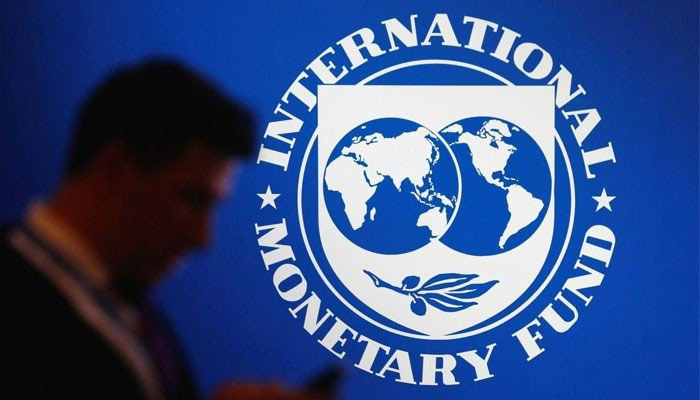
- IMF warns inflation, current account to remain near-term risks.
- Expects current account deficit to rise to 5.3% instead of earlier forecast of 4.1%.
- Estimates Pakistan requires gross external financing of over $35 billion in current FY on current account deficit of 5.3% of GDP in FY2022.
ISLAMABAD: The International Monetary Fund (IMF) has kept its GDP growth forecast for Pakistan unchanged at 4% for fiscal year 2022, The News reported.
However, the Fund warned that rising inflation and external environment had increased near-term risks and sharply revised its forecasts for the country's current account deficit and inflation.
The IMF now expects the current account deficit to rise to 5.3% instead of 4.1% — a previous forecast — by the end of June 2022, mainly due to imports of oil and commodities.
The lender had projected Pakistan’s current account deficit to hit $18.5 billion this fiscal year, as per the World Economic Outlook released in Washington. Previously, it had projected a deficit of $12.9 billion for FY2022.
IMF estimates that Pakistan requires gross external financing of over $35 billion in the current fiscal year on a current account deficit of 5.3% of GDP in FY2022.
The IMF also raised its inflation forecasts for Pakistan to 12.7% on an average for the current fiscal from previous projection of 9.4%. The CPI inflation stood at 12.7% in March 2022.
“The price pressures have prompted central banks in many countries to begin to raise interest rates to tamp down inflation, but that will hurt highly indebted developing nations,” the report said.
Former premier Imran Khan had announced a cut in petrol and electricity tariffs in February, despite soaring global prices, to help mitigate the impact of rising energy prices, particularly those at the petrol pump. The new PM Shehbaz Sharif government has decided not to roll back billions in fuel subsidies for the time being.
Analysts, however, say the fuel and electricity subsidies are only adding more stress to fiscal position. Dr Khaqan Najeeb, former adviser to finance ministry, said current account deficit was a key cause of macroeconomic instability for a country like Pakistan with scarce foreign exchange.
“The current account deficit has grown way beyond initial forecasts. It is needless to say that deficit of above 5% of GDP is not a sustainable level,” Najeeb said.
“A higher current account deficit has raised the requirement of external gross financing needs for Pakistan beyond $34 billion”.
The former adviser also showed concern on an upward revision of inflation both by authorities and multilateral partners and said managing inflation beyond monetary tightening is a key challenge for the government to give relief to the people.
“Real hard work is required, as both a higher current account deficit and rise in inflation require stronger adjustment measures to bring back to sustainable levels,” Dr Najeeb said.




